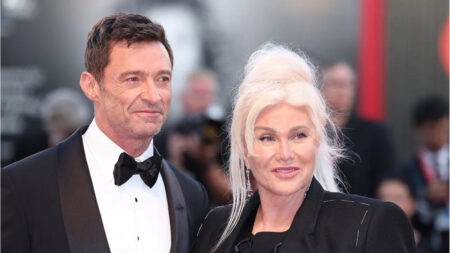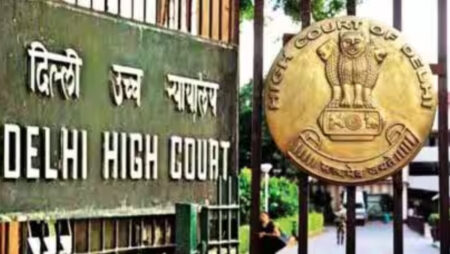Today, the Supreme Court listened further to the arguments presented by individuals who are petitioning for the legalization of same-sex marriages in India. During the hearing, Advocate Arundhati Katju requested the court to make a favorable statement declaring that any marriage performed under the Special Marriage Act, regardless of the gender identity or sexual orientation of the parties involved, should be granted all the rights and responsibilities associated with marriage.

On the fifth day of the hearing, Chief Justice of India DY Chandrachud, along with Justices Sanjay Kishan Kaul, S Ravindra Bhat, Hima Kohli, and PS Narasimha were presiding over the case. During the hearing, Katju was discussing the potential consequences and challenges that may arise from legally recognizing queer marriages. She argued that just as heterosexual couples have come forward with marital issues since the codification of matrimonial laws, LGBTQ couples will also come to courts with claims related to these issues. Katju believed that any uncertainties related to this matter will be resolved eventually through the court’s decisions.
Advocate Katju asks for a negative declaration

Along the same lines, she encouraged the court to issue a statement that prohibits the state from withholding rights and responsibilities from married couples who have been married under the SMA solely based on their sexual orientation or gender identity. She emphasized that Section 21A should be applied to same-sex couples in the same way it is applied to heterosexual couples under statutory law.
What is Section 21A?
Section 21A of the SMA specifies that if a marriage is performed under this Act between individuals who practice the Hindu, Buddhist, Sikh, or Jaina religions, then Section 19 and Section 21 will not be relevant. Additionally, the portion of Section 20 that imposes limitations will also not be applicable.
In summary, if a Hindu, Buddhist, Sikh, or Jain marries someone who does not belong to their faith as defined in Section 21, the result is that they are separated from their joint family and are no longer subject to the Hindu Succession Act. Instead, they are subject to the Indian Succession Act.
According to Katju, Section 21A states that Sections 19 and 21 will not be applicable in case of a marriage between two Hindus. However, this section does not apply to non-Hindus who may marry within their faith. Both individuals in a marriage, regardless of their religion, are subject to Sections 19 and 21.
The clash between same-sex marriage and personal laws
Justice Bhat mentioned a potential issue with the argument presented, stating that while it may be accurate in regards to one individual, the situation becomes more complex if there are same-sex couples from different religions involved. In such cases, the provisions of the Succession Act and other personal laws would need to be considered, as there are various possible combinations and permutations when it comes to couples of different religions.

Katju explained that some LGBTQIA+ couples may desire to have children as it is a fundamental aspect of being human, even if they do not partake in the societal norm of marriage. She clarified that not all couples who marry necessarily want to have children, and it is not mandatory under any law. Nonetheless, having a child can be an important part of a couple’s human experience and a desire they may have.
Referring to the globally accepted concept of prioritizing the welfare of the child, she informed the court that the absence of legal recognition for LGBTQ marriages in the country had negative consequences for couples with children. She explained that the current law not only treats one partner as a stranger to the other but also separates a child from one of their parents under the law. However, this should not be allowed to harm a child simply because their parents belong to a protected group under the Constitution.
Katju highlighted that some are against same-sex marriage, similar to those who oppose the union of a man and a woman. However, she underscored that the Supreme Court has clearly stated that such couples should be safeguarded from harm. Moreover, she noted that the state and its agencies have also stepped up to provide them with protection.













